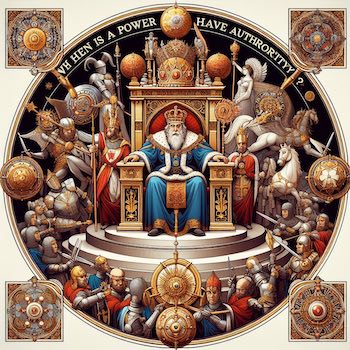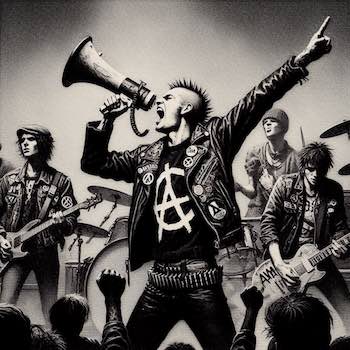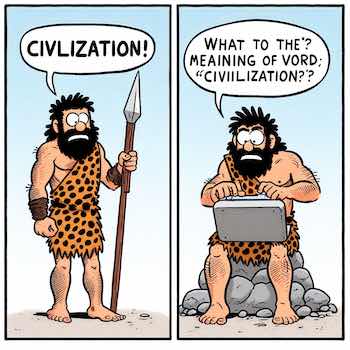The political philosophy of Michel Foucault
Abstract: Foucault clearly saw the bilateral relationship established between the State and citizens. When it is fluid, freedom comes out reinforced, fuel in one direction, production in the other. But Foucault lacks a transdisciplinary methodology on society and his positivist view conceals the gaps between individuals, in particular their propensity to have a social conscience, … Read more










